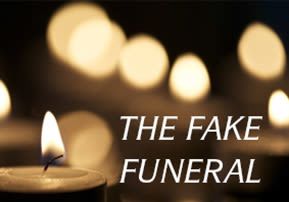
The Fake Funeral
A Yom Kippur tale: Nachumk'e and Berch'e got the brilliant idea that they'd start arranging funerals back and forth between Russia and Poland...

Back in 18th Century Eastern Europe, smuggling was a popular but very risky way for a Jew to make a living. The Jews were only allowed to live in a certain area known as the “Pale of Settlement”, were not allowed to own land and were limited to certain trades. The fact that the Czar levied tremendous taxes on liquor and tobacco made the smuggling business from Poland to Russia all the more lucrative. Yet, woe to the person who got caught, for the Russian customs police who manned the international border with Poland were more than motivated to get their burly hands on violators, especially when the outlaw was a Jew…
Nachumk’e sat down at his old wooden table in his dilapidated cabin in the Polish shtetyl (village) of Kratzenshtok, not far from the Russian border. His brother-in-law, who lived on the Russian side, told him that he tripled his money by selling Polish shnops to the Russians. The only tiny “technical detail” was how to get the contraband across the border. Nachumk’e thought of his four daughters, the oldest of whom was rapidly reaching marital age. “Where do I get the money to marry off one, much less four?”, thought  Nachumk’e, on the verge of despair.
Nachumk’e, on the verge of despair.
Suddenly, a light bulb flashed in his head. What a great idea…
Nachumk’e summoned his trusted best friend Berch’e and told him the idea. Berch’e was enthused beyond words, for he too was suffering from major income problems with no relief in sight. They bought the cheapest coffin they could find, a plain pine box, and filled it to the brim with with bottles of the best Polish whiskey, which would bring a handsome sum on the Russian side of the border. And, to muffle the sound of the battles rattling, they packed as much choice Polish tobacco as they could. The coffin, once its contents were sold to the ready and waiting black marketeers on the Russian side, would bring a handsome sum.
Nachumk’e and Berch’e hired “extras” to serve as mourners and pallbearers. Although these extras didn’t know exactly what their employers were doing, they didn’t care. For an easy day’s work, a few hours of crossing the border and coming home, they were paid three times more than what they normally made by chopping wood and carrying pales of water from the river to the village.
The “procession” arrived at the Russian border. A burly customs police sergeant, a Russian with knee-high spit-shined boots and a handlebar mustache, approached the Jews. “Open the coffin,” he barked. Nachumk’e gulped but bounced back quickly and said, “Sir, every nation honors its dead. Shall we violate the dignity of the deceased by disturbing its rest and opening the coffin?” The Russian waved the procession through.
On the Russian side, the smugglers breathed a deep sigh of relief. Yet, with the joy of the stack of rubles that was soon in their hands, they forgot all about the moment of peril, when they could feel their pulse in their throats.
After the first taste of smuggling success, Nachumk’e and Berch’e started performing weekly funerals. But, the more that they and the Russian border guards grew accustomed to one another, the less cautious the Jewish smugglers became.
One day, a high ranking customs officer from St. Petersburg decided to visit several border stations on the Polish border. He ascended the lookout tower and observed from above all the happenings below. Just then, Nachumk’e and company arrived at the border with a casket and their usual entourage. Just as the sergeant was about to wave them through, the officer descended like an eagle on the funeral entourage. “Open the casket,” he barked, “this very second.”
Nachumk’e, a little too over-confidant by this time, protested, “Sir, what about the dignity of the dead?”
The Russian drew his saber from its sheath and growled, “Jew, unless you wish to join the ranks of the deceased, open the coffin right now!”
Opening the coffin, Berch’e sobbed deep heart-rending sobs. Nachumk’e wailed. The other Jews joined in the crying…
The bottles of golden Polish whiskey glittered in the sunlight. Packets and packets of tobacco released their pungent scent.
The Russian officer, from his perch in the lookout tower, had never seen such a casual funeral in his life. No one was crying and a few were even smiling. That’s what made them so suspicious. The officer said to Nachumk’e and Berch’e, “Aha, now you are crying. You will continue to do so in a Siberian prison. Idiots, if you would have cried a few minutes ago, then you could have been laughing now. But now, it’s too late!
* * *
The above parable is a well-known Yiddish folk tale that we tell before Yom Kippur. During the year, people suffer all types of pain and tribulations. But if they would have cried on Yom Kippur, sincerely asking Hashem’s forgiveness for all their misdeeds, then they’d be laughing now. The Gemara teaches that there is no tribulation without prior transgression, but teshuva atones for transgressions and therefore wards off suffering.
Have an easy fast and a most meaningful Yom Kippur!


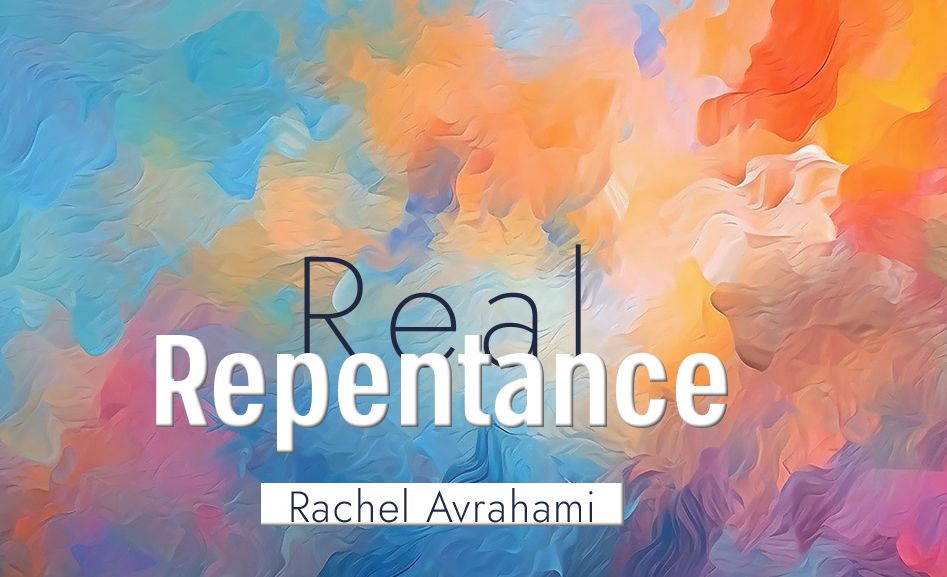

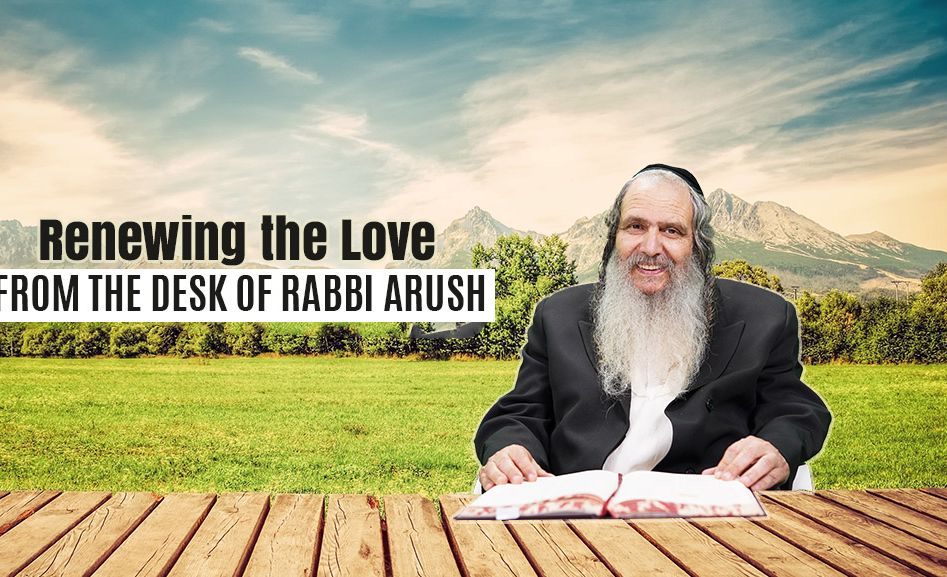
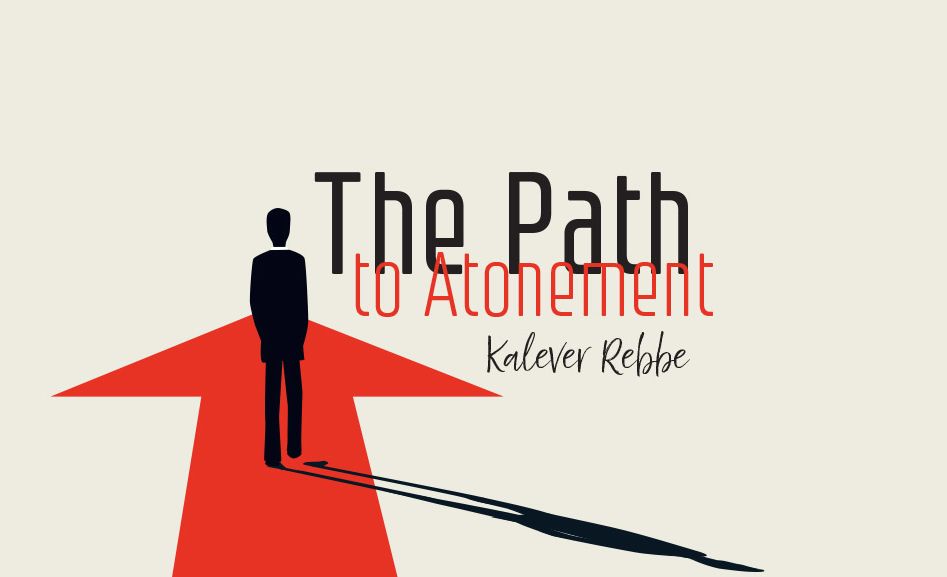
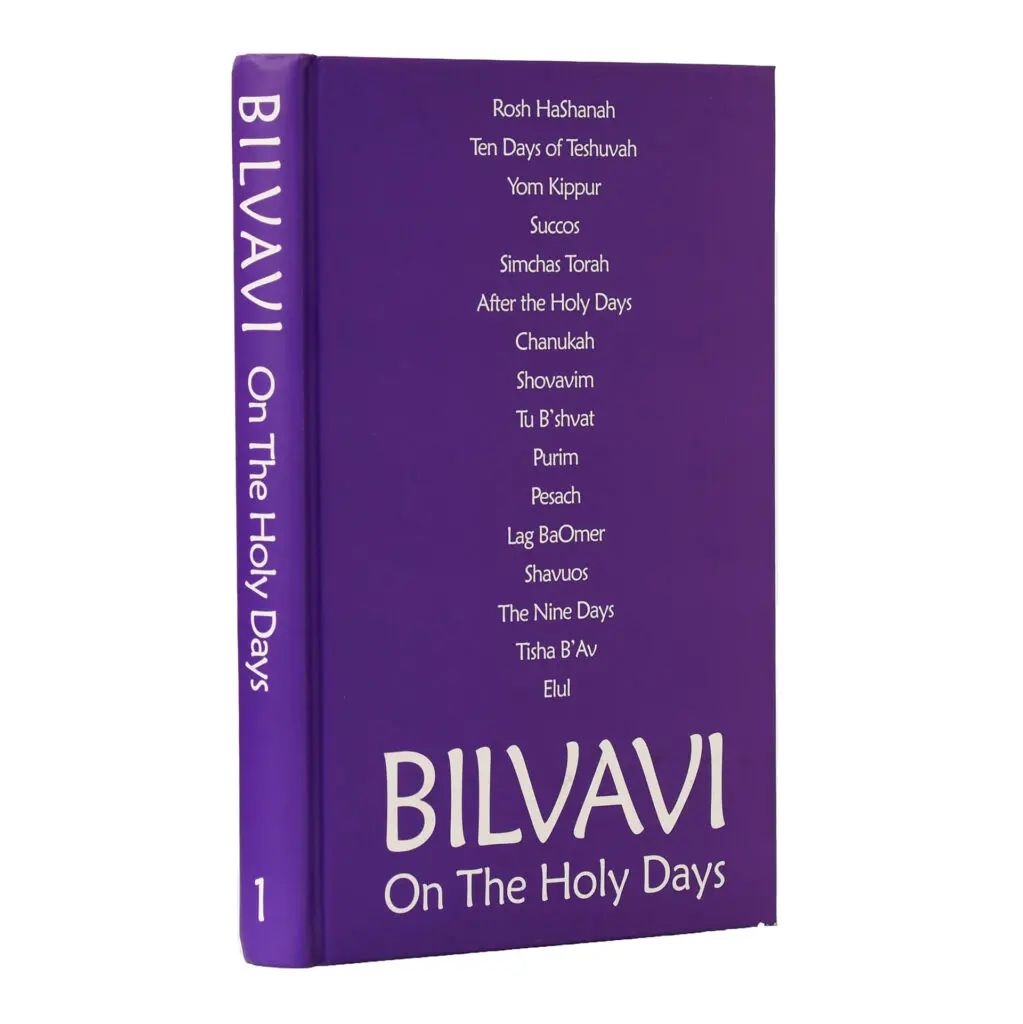

Tell us what you think!
Thank you for your comment!
It will be published after approval by the Editor.